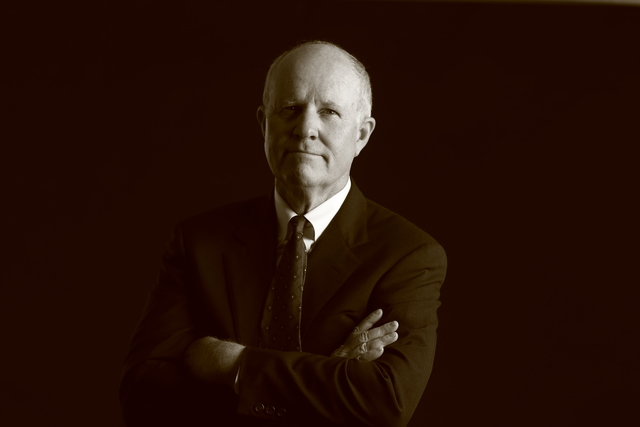Letter to Los Angeles Times Identifies Election Day Eve Errors Regarding Medicaid Expansion
November 06, 2018 (PRLEAP.COM) Business News
Michael Arrigo, an expert in medical billing and coding and the Affordable Care Act sent an open letter to the Los Angeles times regarding errors in their article regarding the ACA. This article was published on November 5th, 2018 on the eve of important elections."Dear Mr. Levey,
I'm contacting you with a non-partisan, fact-based response to an article that you wrote in the LA Times (http://www.latimes.com/politics/la-na-pol-republicans-medicaid-20181101-story.html). I respectfully disagree with your statement in the opening of your article:
"Even as embattled Republican candidates across the country pledge to protect Americans with preexisting medical conditions, nearly all continue to resist extending health protections to the poorest [emphasis added] constituents."
I found your statement disconcerting because of the timing of your article and the errors in it.
Your statement is incorrect, because:
1. The poorest U.S. citizens have always had access to Medicaid. Even before the Patient Protection and Affordable Care Act (ACA), Medicaid covered those who had household income below the Federal Poverty Level (FPL).
2. Medicaid expansion does not affect the 'poorest,' it makes it easier for those earning higher levels of income to qualify. The ACA expanded coverage to those earning up to 138% of the FPL. Therefore in 2018, a family of four with household income of $34,638 can qualify for Medicaid, whereas before Medicaid expansion, the same family of four could only qualify if they earned under $25,100 in 2018. (see https://www.healthcare.gov/glossary/federal-poverty-level-fpl/ )
3. In certain cases, a family of four can, under the ACA be earning up to 400% of the FPL or $100,400 and qualify for tax credits to purchase insurance. Therefore, these families are not the 'poorest' families.
Medicaid expansion is aptly named because it expands access and eligibility to those who earn much more than the Federal Poverty Line. Therefore, while it is true that more people have the ability to secure coverage under the ACA in Medicaid Expansion states, the "poorest" always had the ability to get Medicaid. Medicaid expansion works by funneling U.S. taxpayer dollars to States who then determine how their Medicaid system will cover those that it insures.
I welcome your reply."
Sincerely,
Michael Arrigo
About Michael Arrigo
Michael Arrigo serves as an expert witness in the Affordable Care Act, medical billing and coding, HIPAA Privacy and Security and healthcare intellectual property and patent infringement. He is retained to provide unbiased opinions by law firms representing patients, hospitals, insurance companies, and physicians regardless of their political affiliation. His work includes both plaintiffs and defendant retentions.
He leads a team of experts in in various aspects of healthcare data, regulations and economics at the firm No World Borders, which was named for its ability to bridge the borders in healthcare, providing a better understanding complex medical issues. The firm specializes in data, regulatory and economic issues in Medicare and medical billing fraud, privacy issues, the opioid epidemic and healthcare intellectual property.
